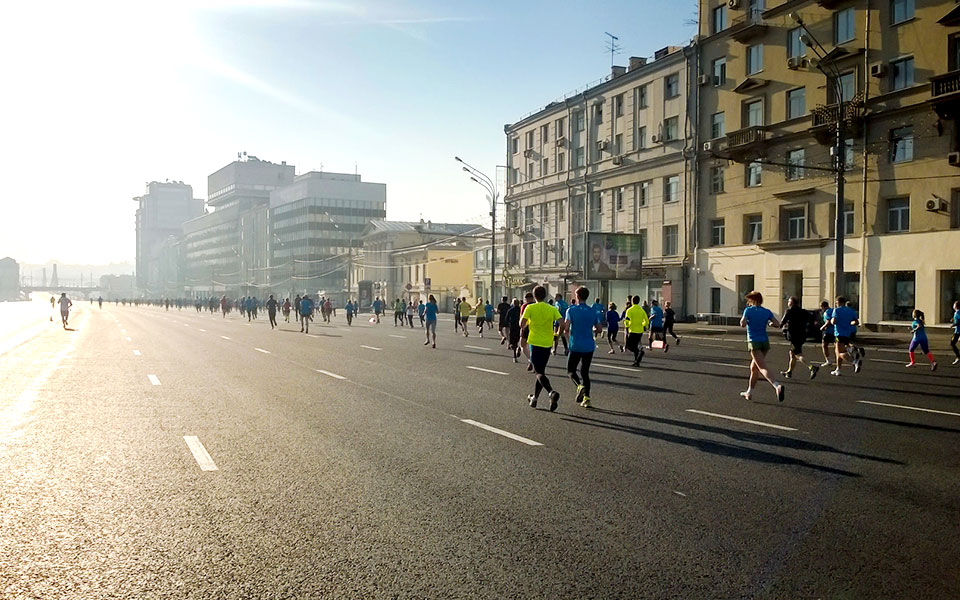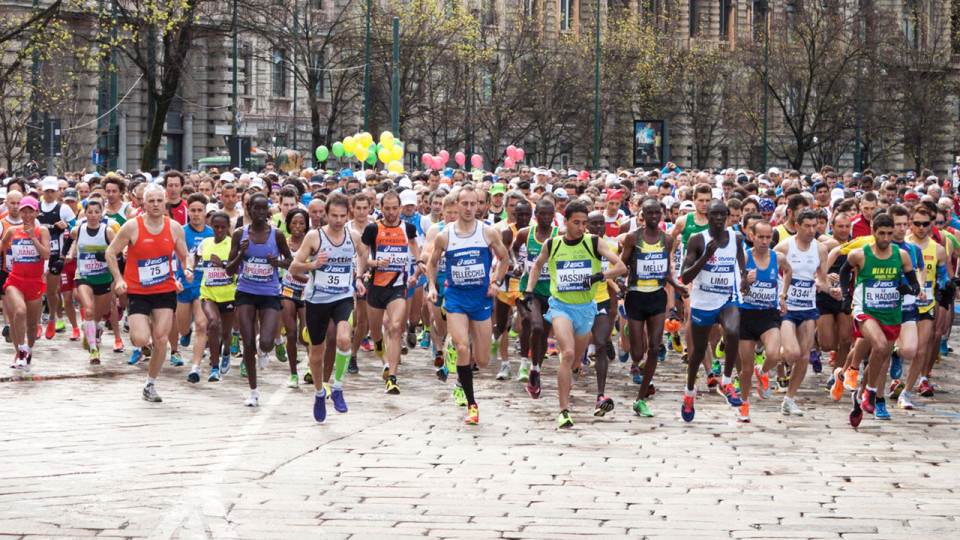Most of us encounter problems daily that could have been avoided had we be more vigilant or someone informed us of rules, regulations and parameters of activities we undertake at work, school and home.
But from time to time, data we need to make informed decisions isn’t offered or when such information is withheld, it could mean the difference, for example, between registering for a running event and taking a pass. In your own self-interest, it behooves you to be your own inquisitor every time you sign up for a race, because organisers may not tell you everything you need to know.
We’ve come up with 14 topics that could answer questions you have, so you don’t wind up frustrated and disillusioned when you should be focused on your performance and having a great time.
The Refund Conundrum
Even if the registration form and guidelines you review for your next race seem crystal clear, those documents might not mention the fact that there are no refunds disbursed to registrants—even if a race is cancelled or postponed.
Non-refundable entry fees are common practice on the international marathon circuit because expenses to stage an event begin on the day the race is announced.
Make this assumption: forget about seeing your entry fees again once you make payment. If you’re unsure about whether or not you will compete, don’t take the chance.
Marathons are Businesses, too
You see a race as the opportunity to push the boundaries of your physical stamina. Race organisers see it as the culmination of a campaign to find sponsors, pay for facilities and merchandise and take care of salaries.
Every marathon organiser wants to make a profit or why would they bother to undertake the hard work required to plan a race? Accept the fact that even races for charity rely on profits to undertake arrangements and you’ll understand more about the business of marathons.
Oh, Those Gift Bags
One of the perks of running a race is getting free promotional and commemorative items that are bagged and handed out at events. But there’s a chance you may not get the item if you arrive late or if more runners sign up for an event than organisers originally planned for.
Finishers medal, tees, food and beverage could run out. Marathon organisers would love to have crystal balls so they know the exact number of runners to plan for. So would the generous sponsors and patrons providing the goodies. You’re there to run. If there are no bags left when you arrive, shrug it off!
Route Revisions
Anything can happen prior to a marathon. Water mains break and flood streets. Accidents snarl traffic. Catastrophes erupt that are serious enough to cordon off whole neighbourhoods. If your run route happens to hit a literal bump in the road, expect to make adjustments on the fly.
Routes can be changed by organisers at any time and for any reason. Comply with these changes immediately because re-directions have a purpose: keeping participants safe and focused on their target finish times.
Ticket Transfers
There is only one rule to follow when it comes to ticket transfers: Don’t even try it. Your ticket is booked in your name and we’ve yet to find a race organiser willing to allow such a transfer for a list of complicated reasons that is too long to include in this article!
In short: You can ask, but don’t expect good news.
Race Savvy
In your rush to enter as many marathons, races and events as time and budget allow, you realise you have no idea why that race is being held. A majority of events are staged on behalf of social or charitable causes and you should know what the cause is.
Why? Because by participating in a race you imply that you sanction the cause or charity—even if it’s not a cause you support. The names of charities and causes are almost always posted on race literature and websites, but in case you don’t notice it, always ask before you register.
It’s Okay to Quit Early
Not everyone knows that while event organisers are required to inform runners of route distance(s), that doesn’t mean you are required to run the entire distance. Often, new runners are under the impression that if they compete in a 10k, they are expected to complete the full circuit.
Your body will tell you when it’s had enough, so listen to it. Need actual confirmation? Ask start line organisers this question, “Can I quit early if I’m not able to continue at any point?”
You Could Become a Celeb
It’s never a good idea to run in high-profile marathons if you’re in a Witness Protection Program because photographers swarm these events like ants on picnic baskets! Race organisers order photos for publicity purposes, thus your photo could as easily wind up on a website or the front page.
Races are public events that are legally covered by the media, so if you prefer not to have your identity revealed, whether for innocuous or diabolical reasons, confine your running activities to places cameras never reach.

A Matter of Contingencies
Emergencies and unforeseen incidents arise every day when organisers stage marathons. A sad example is, of course, the Boston marathon bombing in the U.S. that resulted from an attack by two terrorists.
Event planners do their best to imagine every sort of crisis that could erupt during a race, but even the most thorough planning can’t guarantee that a situation won’t erupt or be efficiently and quickly mediated, so expect the unexpected and you’ll always be ready for unforeseen events.
Liability is On You
Accidents, mishaps—full-blown tragedies—arise when masses of humanity converge as they do at marathons. When they do, every person running in the event is fully responsible for his or her own well-being.
When you register for an event, always read the disclaimer and fine prints. This statement absolves organisers and sponsors from lawsuits and other types of legal action including paying medical or death benefits to race participants.
Small Event Alternatives
If the entry fees charged by organisers of high-profile running events are prohibitive, did you know that in many instances, the smaller the event, the more affordable the entry fees?
Of course, nobody is going to share this information with you unless you ask because these are profit-taking events and there are big advantages to getting more people to sign up for marathons that command higher entry fees.
Route Repetition
As a committed marathon runner, you probably complain from time to time that you’re sick of looking at the same terrain, both because you’ve competed at a location before and/or because real estate is finite in places like Singapore, so you could repeat the same circuit over and over again.
If you suffer from serious bouts of déjà vu because you travel the same few kilometres over and over on your run route, it could be time to take your act on the road. Venture forth to a new overseas venue. You may still have to run a repetitive route several times, but it will be a new repetitive route to you!

Make Wise Choices
Do you always know the organiser, sponsor or power behind the throne when you decide to register for a marathon? It’s important that you find out. There are plenty of shady organisers who run shoddy races because they’re inexperienced, greedy or just looking for a way to make money.
Use the Internet to locate information on upcoming events with which you are not familiar if you want to avoid contributing to the bottom line of unscrupulous people. Remember that organiser credentials are important.
Don’t Expect Continuity
Sometimes, marathon organisers want to test a new location to see if the terrain and environment are right for a new marathon venue, in which case, this could turn into a one-time-only event if the place and circumstances don’t turn out well after the premier race.
If you don’t care about this, no worries. On the other hand, if you don’t want to invest your name, money and reputation on an event that won’t ever be held again, it behooves you to ask, up front, if the event is going to be held again before you sign up.
What’s your take on the subject of forgetful event organisers? Do you think they’re just overburdened by too many details, so they fail to inform runners properly? Or do you think organisers prefer to keep some information about races ambiguous? If so, why? Speak up and let us know your thoughts, hunches and suspicions!




